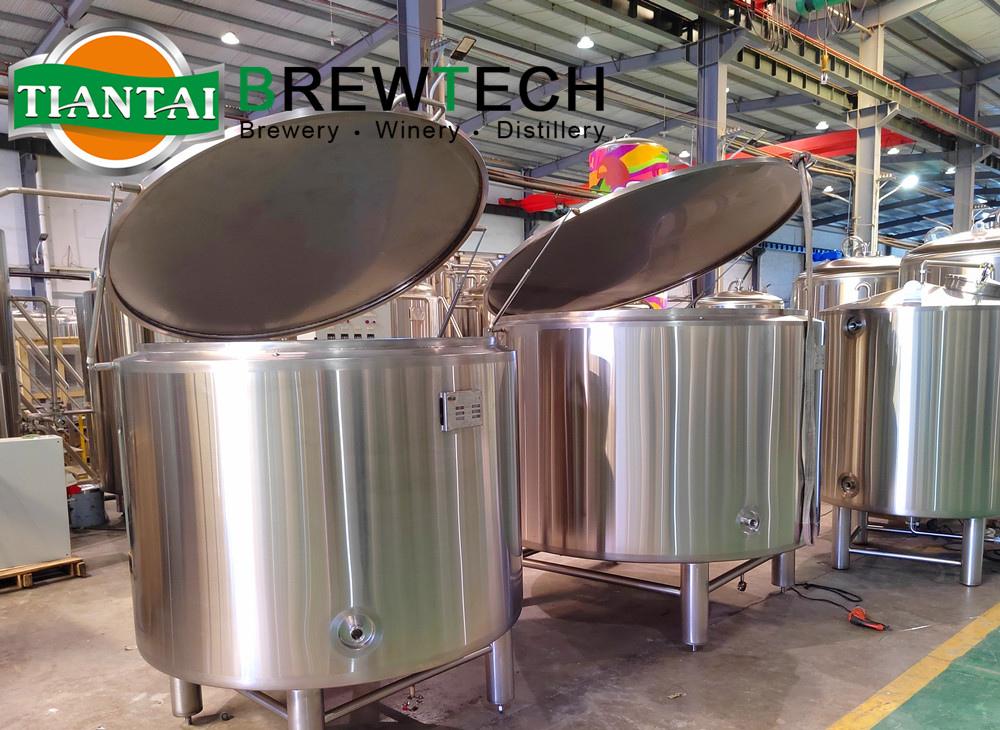
What is Soju?
Soju is a clear, neutral spirit that has been a staple of Korean culture since the 13th century. Traditionally distilled from rice, modern Soju production has evolved to include a variety of base ingredients such as sweet potatoes, wheat, and tapioca. This shift occurred during the Korean War when rice shortages led distillers to experiment with alternative starches. Today, Soju is celebrated for its versatility and wide range of flavors.
Key Characteristics of Soju:
Alcohol Content: Typically ranges between 20% and 34% ABV.
Flavor Profile: Neutral when made from rice, with subtle notes of charred rice or crisp apple. Sweet potato-based Soju tends to be sweeter and more viscous.
Popular Variants: Flavored Soju, such as green grape, peach, and apple, has gained immense popularity in recent years.
Soju’s adaptability makes it a favorite among both traditionalists and modern consumers. Whether enjoyed neat, in cocktails, or as a base for flavored spirits, Soju offers something for everyone.
What is Shochu?
Shochu, a distilled spirit from Japan, has a rich history dating back to the 15th century. Like Soju, Shochu can be made from a variety of base ingredients, including rice (kome-jochu), sweet potato (imo-jochu), and barley (mugi-jochu). However, Shochu’s production process sets it apart. It involves saccharification using koji mold, a type of fungus that breaks down starches into fermentable sugars. The resulting mash is then distilled to create a spirit with an alcohol content typically ranging from 25% to 30% ABV.
Types of Shochu:
Honkaku Shochu (Otsuru Shochu):
Distilled only once to preserve the flavor of the base ingredient.
Includes unique varieties like awamori, a long-grain rice Shochu made exclusively in Okinawa with black koji.
Korui Shochu:
Can be distilled multiple times, resulting in a neutral, almost flavorless spirit.
Often used as a base for cocktails due to its clean profile.
Shochu’s diverse flavor profiles and production methods make it a versatile spirit, enjoyed both traditionally and in modern mixology.
What is Sake?
Contrary to popular belief, Sake is not a rice wine or a distilled spirit. Instead, it is a brewed beverage with more similarities to beer than to wine or spirits. Sake is made by fermenting polished rice with koji mold and yeast, resulting in a drink that can range from dry to sweet.
Key Characteristics of Sake:
Alcohol Content: Typically around 15% to 20% ABV.
Flavor Profile: Varies widely, from light and floral to rich and umami-packed.
Types of Sake:
Junmai: Made purely from rice, water, yeast, and koji.
Ginjo: Uses highly polished rice for a more refined flavor.
Daiginjo: The pinnacle of Sake, made with rice polished to at least 50%.
Sake’s complexity and depth make it a beloved beverage for connoisseurs and casual drinkers alike.
The Differences Between Soju, Shochu, and Sake
While Soju, Shochu, and Sake share some similarities, they are distinct in several ways:
| Aspect | Soju | Shochu | Sake |
| Origin | Korea | Japan | Japan |
| Base Ingredients | Rice, sweet potato, wheat, tapioca | Rice, sweet potato, barley, etc. | Polished rice |
| Production | Distilled | Distilled with koji mold | Brewed with koji and yeast |
| Alcohol Content | 20%–34% ABV | 25%–30% ABV | 15%–20% ABV |
| Flavor Profile | Neutral to sweet | Varies by base ingredient | Dry to sweet, umami-rich |
Equipment Needed to Brew Soju, Shochu, and Sake
Producing high-quality Soju, Shochu, and Sake requires specialized equipment. Here’s a breakdown of the essential tools for each:
1. Soju Brewing Equipment
Fermentation Tanks: Stainless steel tanks for fermenting the base ingredients.
Distillation Columns: For separating alcohol from the fermented mash.
Filtration Systems: To achieve the desired clarity and purity.
Blending Tanks: For mixing and flavoring the final product.
2. Shochu Brewing Equipment
Koji Cultivation Chambers: For growing koji mold on the base ingredients.
Fermentation Tanks: To ferment the koji-treated mash.
Distillation Units: For single or multiple distillations, depending on the type of Shochu.
Aging Barrels: Optional, for aging certain varieties of Shochu.
3. Sake Brewing Equipment
Rice Polishing Machines: To mill rice to the desired level of polish.
Koji Rooms: Controlled environments for cultivating koji mold.
Fermentation Tanks: For the dual fermentation process.
Pressing Machines: To separate the liquid Sake from the rice solids.
Pasteurization Units: For stabilizing the final product.
Tiantai Company: Your Partner in Brewing Excellence
Tiantai Company is a globally recognized manufacturer of brewing and distilling equipment, based in China. With years of experience and a commitment to innovation, Tiantai provides complete turnkey solutions for breweries and beverage projects worldwide. Whether you’re producing Soju, Shochu, Sake, or other beverages like beer, wine, kombucha, or hard seltzer, Tiantai has the expertise and equipment to meet your needs.
Why Choose Tiantai?
Comprehensive Solutions: From design and installation to training and after-sales support, Tiantai offers end-to-end services.
Customizable Equipment: Tailored to your specific production requirements.
Global Reach: Tiantai’s equipment is trusted by clients in over 100 countries.
Cutting-Edge Technology: State-of-the-art machinery ensures efficiency and quality.
Conclusion
Soju, Shochu, and Sake each offer a unique glimpse into the rich traditions of Asian spirits. Whether you’re drawn to Soju’s versatility, Shochu’s depth, or Sake’s complexity, understanding their differences is the first step toward appreciating their craftsmanship. And if you’re inspired to start your own brewing journey, Tiantai Company is here to provide the equipment and expertise you need to succeed.
From fermentation tanks to distillation columns, Tiantai’s solutions are designed to help you produce high-quality beverages that capture the essence of these iconic spirits. Contact Tiantai today to learn more about how they can support your brewing ambitions. Cheers to your next great adventure in the world of spirits!
Contact Information:
Email: [email protected]
Contact Person: Emily Gong



.jpg)
.jpg)
.jpg)

Get In Touch